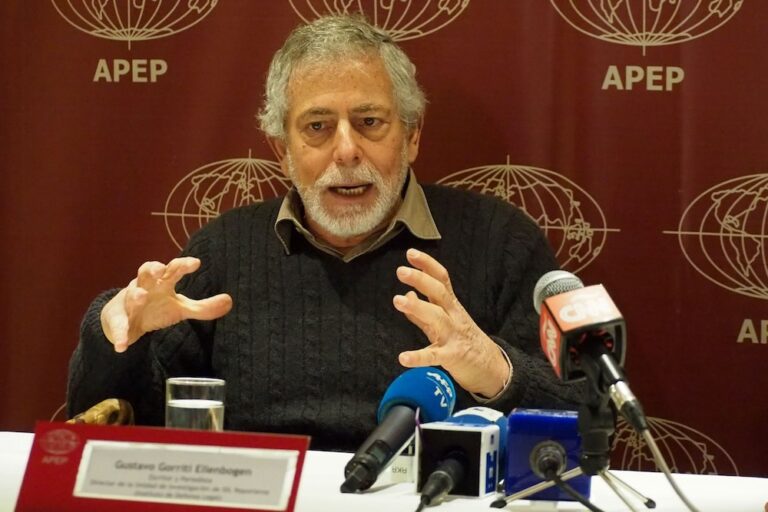(IPYS/IFEX) – On 10 September 2008, the director of Radio Uno radio station, Fernando Rondinel, said that two officials from the Transport and Communications Ministry (Ministerio de Transportes y Comunicaciones, MTC) forced their way into the station in order to shut it down. The incident took place in the city of Tacna, southern Perú. According […]
(IPYS/IFEX) – On 10 September 2008, the director of Radio Uno radio station, Fernando Rondinel, said that two officials from the Transport and Communications Ministry (Ministerio de Transportes y Comunicaciones, MTC) forced their way into the station in order to shut it down. The incident took place in the city of Tacna, southern Perú.
According to the MTC, the radio station has not gone through the process required for the renewal of its license. However, Rondinel said that the renewal is being processed and that this can be verified on the ministry’s website. He went on to say that he believes that the incident was intended to pressure the station into giving the government favourable coverage.
The radio station’s attorneys managed to convince the MTC representatives to suspend their actions, thanks to the intervention of the public prosecutor on duty at the time of the incident.
Rondinel noted that the government has been exerting pressure on Radio Uno’s directors for some time, trying to get them to stop their critical reporting. He also said that the government is planning to close down a group of stations that report on social conflicts, inflation, and the misuse of royalties obtained from mining and natural gas operations, among other issues.
In a separate incident, on 4 September, América Televisión’s news programme “Prensa Libre” reported that José Abanto Valdivieso, the Peruvian Congress’s Secretary General, refused to provide the programme with information about operational expenditures made on specific dates by four members of congress. According to the news programme, Abanto Valdivieso said that the Auditor General’s Office was reviewing the expenditures and the circulation of any information about them would obstruct the auditor’s work.
On 18 August, “Prensa Libre” and América Televisión’s investigations unit made separate requests for the information, citing the Transparency and Access to Information Law in their requests.
The requests for information were made after “Prensa Libre” revealed, on 13 August, that Congressman José Anaya Oropeza, of the Union for Peru (Unión por el Perú) party, submitted counterfeit receipts to the Parliament’s treasury office to justify his operational expenditures.
IPYS believes the Peruvian Congress’ repeated refusals to provide information be a serious matter, especially as it was this branch of the government that passed the Transparency and Access to Information Law.
It is worthwhile to note that, in 2007, IPYS initiated a habeas data process against the Peruvian Congress after it stated that a session in which sanctions against Congresswoman Tula Benites were discussed would be kept secret. In 2006, Benites hired an assistant who was paid without having done any work.
For further information about the habeas data process that IPYS initiated against the Congress in 2007, see (in Spanish only): http://ifex.org/es/content/view/full/86734


